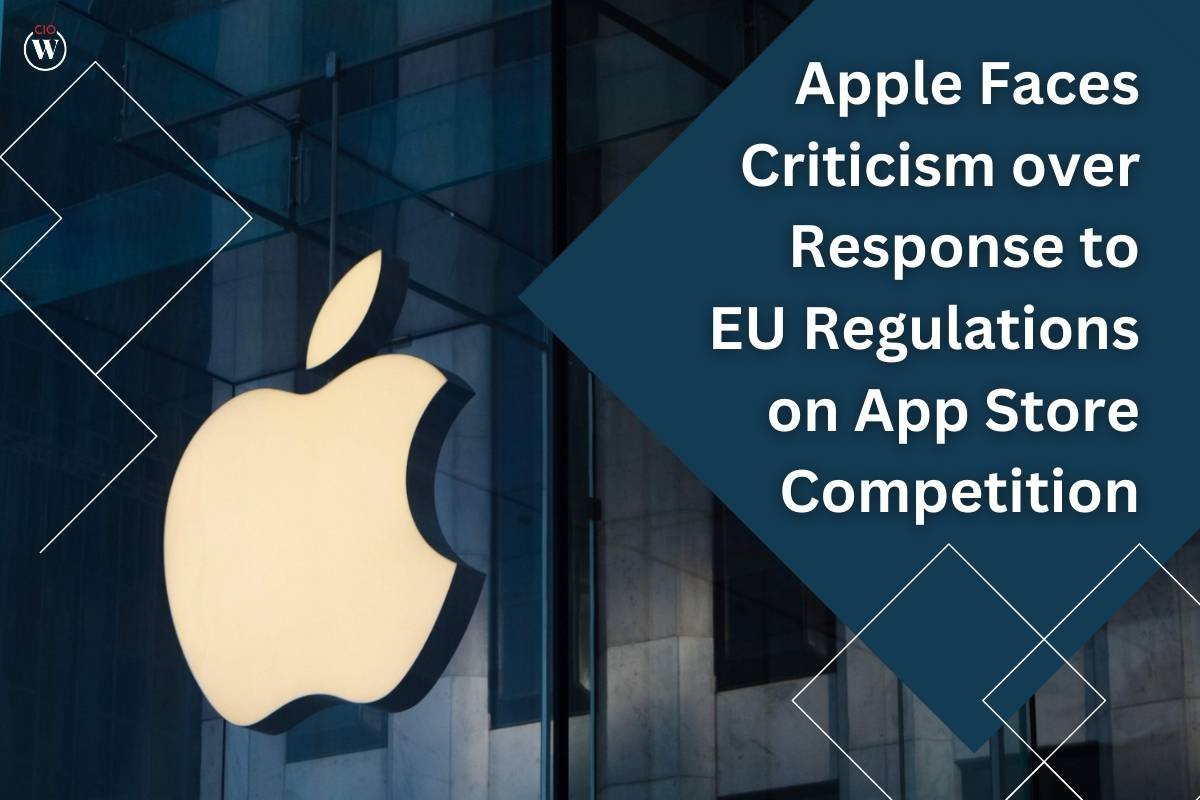In a significant development, European regulators have successfully challenged Apple’s long-standing control over the distribution of apps on iPhones. After 15 years of dictating the terms of app distribution, Apple EU regulations are now compelled to open its devices to competing app stores and payment alternatives under the 2022 Digital Markets Act. The legislation aims to foster tech competition by giving consumers and developers more choices, breaking Apple’s tight grip on its App Store.
App Makers Criticize Apple’s Response as a “False Choice”
While the law intended to empower developers and consumers with increased options, app makers argue that Apple’s response is a deceptive compromise. Developers claim that hidden within Apple’s plan are new fees and rules that not only make compliance prohibitively expensive but also introduce risks. The ongoing dispute highlights the persistent tension between Apple and app makers who assert that the company’s control over the App Store is excessive, squeezing them for fees and hindering competition.
Developers Express Concerns and Skepticism of Apple EU Regulations
Facing a March deadline for compliance, Apple presented developers with three options for selling to iPhone and iPad users in the European Union, home to approximately 450 million people. However, many developers contend that these alternatives are less favorable. Some pointed out that the new 50-euro-cent charge on every download above one million annually could result in substantial monthly fees for free apps with high download numbers. Prominent companies, such as Spotify, Epic Games, and Hey.com, voiced reservations about Apple’s plan, suggesting that it could stifle innovation and limit their ability to operate independently.
The European Union now faces a pivotal moment as it assesses how aggressively to enforce its landmark digital policy. Executives from numerous app companies have urged EU regulators to reject Apple’s proposal, asserting that it fails to address the fundamental dynamics of the app marketplace. Apple, on the other hand, maintains that its policies align with EU law while prioritizing user security. The clash between EU regulators and one of the world’s largest tech companies may lead to a protracted legal battle, depending on the European Commission’s decision after the rules take effect on March 7.
As Apple grapples with mounting criticism in Europe, it also faces challenges on the home front. The U.S. Justice Department is reportedly considering antitrust charges against Apple for alleged uncompetitive business practices. With slowing sales of iPhones, iPads, and Macs, the company’s response to Apple EU regulations could influence its standing in the global tech landscape. Analysts anticipate further developments as Apple unveils its first new product in nearly a decade – the Vision Pro, an augmented reality device – this week.









